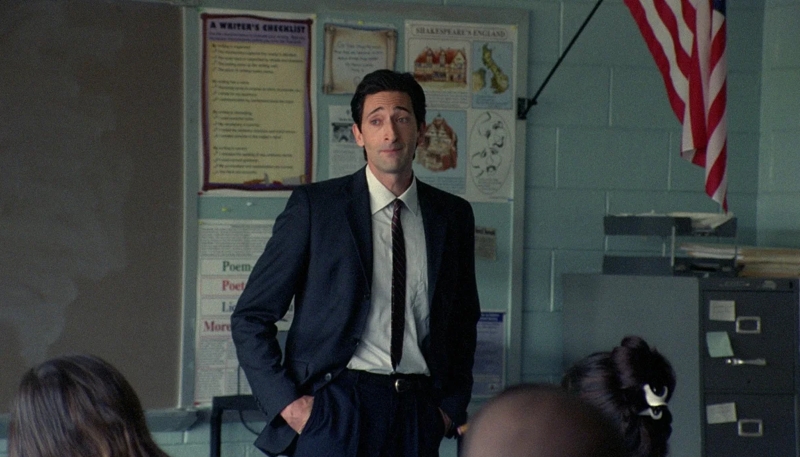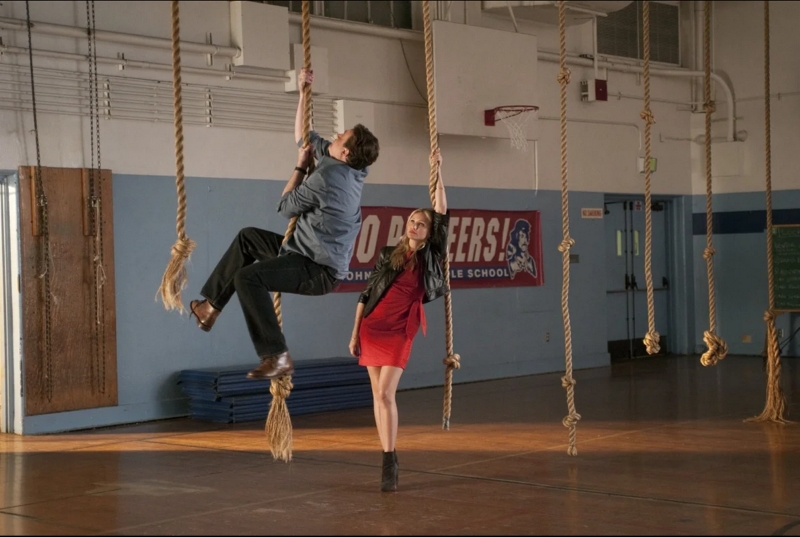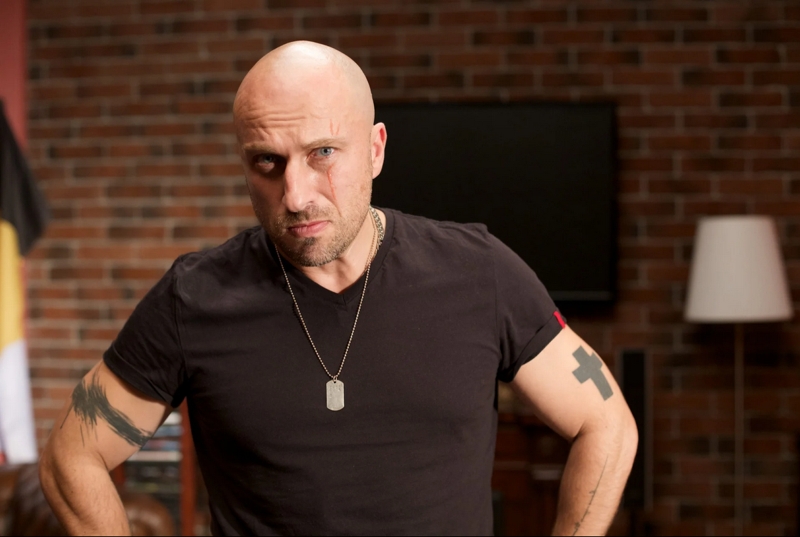
School days
Today we will
- talk about your school experience
- learn to use the past simple
VOCABULARY & SPEAKING: adjectives with prepositions
- afraid of - frightened of, for example because you feel you are in danger
- I was afraid of the older children
- bored with - feeling impatient or dissatisfied, because you are not interested in something or because you have nothing to do
- I was bored with my school.
- fond of - liking and caring about someone very much, especially as a result of knowing them well or for a long time
- I was fond of my science teacher.
- good at - able to do something well
- I was good at mathematics.
- nterested in - wanting to know about or take part in something
- I was interested in science and technology.
- keen on - liking someone, or thinking that they are attractive
- I was keen on sports and swimming.
- terrible at - very bad in quality or ability
- I was terrible at arriving on time.
- worried about - unhappy because you are thinking about your problems or about bad things that could happen
- I was worried about my grades.
Think about your experience of school. Change the sentences in exercise 1 so that they are true for you.
Work in pairs. Compare your sentences. Were your experiences similar or different?
Listen to three people talking about their school days. Match the speakers 1-3 to the topics a-c below.
Listen to the recording again and complete column A with a phrase from column B
Did you have any similar experiences at school?
- I never missed
- good grades.
- I always got
- my exams.
- I was terrible at
- my homework.
- I failed
- his lessons.
- I never did
- that school.
- I didn't want to leave
- most subjects.
Grammar: past simple
The past tense of the verb be is was/were.
Our holiday was lovely.
We were in Canada.
The negative is wasn't/weren't.
I wasn't very happy.
The shops weren't open.
Read the phrases. How do we form the negative and interrogative forms of the past simple?
I watched TV last night.
They did not / didn't watch TV last night.
Did you watch TV last night?
Форма past simple правильных глаголов образуется при помощи -ed: walk – walked.
последняя согласная может удваиваться: stop – stopped.
Если слово оканчивается на согласный + y, окончание меняется на -ied
try - tried, tidy - tidied, study - studied
Если слово оканчивается на гласный + y, прибавляется окончание -ed
play - played, enjoy - enjoyed
Окончание ed может произноситься как /d/ после звонких согласных и гласных; как /t/ после глухих и шипящих согласных; как /id/ после букв d, t в конце слова. played /d/, looked / t/, counted /id/.
Для образования отрицательных и вопросительных предложений необходим вспомогательный глагол did:
I played football yesterday.
Did you play football yesterday?
I didn’t (did not) play volleyball yesterday.
Complete the sentences. Put the verbs into the past simple
They ______________ (remember) the tickets but they ______________ (not remember) the passports.
He _____________ (want) a book but he ____________ (not want) that book.
They ______________ (visit) Washington but they ______________ (not visit) the White House.
They ____________ (enjoy) the city but they ____________ (not enjoy) the weather.
They ______________ (like) the hotel but they ______________ (not like) the food.
Irregular verbs have a different form in the pasl simple affirmative.
- be - was
- eat -ate
- go - went
- make - made
- see - saw
- have - had
- to understand
- understood
- to win
- won
- to speak
- spoke
- to swim
- swam
- to buy
- bought
- to bring
- brought
- to write
- wrote
- to think
- thought
- to fall
- fell
- to teach
- taught
- to read
- read
Put the verbs in brackets in the Past Simple
Scott's Millennium Blog
On December 31, my friend and I _____________ (be) on a train from Switzerland to Spain. We _____________ (have) a compartment for two people, some champagne and nice food. We _____________ (want) to be on a train for the new millennium. The train _____________ (not stop) at midnight, but it _____________ (stop) twenty minutes later. We _____________ (drink) our champagne and _____________ (look) out of the window. We _____________ (not sleep) all night we _____________ (sit) and _____________ (talk). We _____________ (get) home to Barcelona at 8 am in the morning on January 1st. It _____________ (be) a good New Year's Eve.
Complete the dialogue. Put the verbs in brackets into the past simple.
- A: Where (1) did you go (you / go) to school?
- B: My father (2) (work) for a multinational company and we (3) (live) in lots of different countries, so I (4) (go) to five different schools.
- A: (5) (you / enjoy) your school days?
- B: No, I didn't. Not really. I (6) (not have) many friends because we (7) (not stay) long in one place. I (8) (leave) one school after six months!
- A: (9) (you / do) well in your exams?
- B: Yes, I did. Because I (10) (not / go) out with friends, I (11) (study) a lot in the evenings and at the weekends. 1 (12) (not / get) top grades, but I (13) (get) a place at Cambridge University.
- A: What was that like? (14) (you / like) it?
- B: Yes. 1 (15) (think) it was great.
Do you know any films or TV programmes about schools and teachers?
You are going to talk about a teacher that you really liked. Use these questions to help you.
- What was the teacher's name?
- What did she/he teach?
- Where did she/he teach?
- How often did you have lessons with her/him?
- What did she/he look like?
- Why did you like her/him?
- Do you remember a particular moment with this teacher?
- What happened?
Work in groups. Describe the teacher that you really liked to your group.
White the sentences that you hear
DictationNow I can
- Can you talk about your school experience?
- Can you use the past simple?
- Photo by Ivan Aleksic on Unsplash
- Photo by Kenny Eliason on Unsplash


